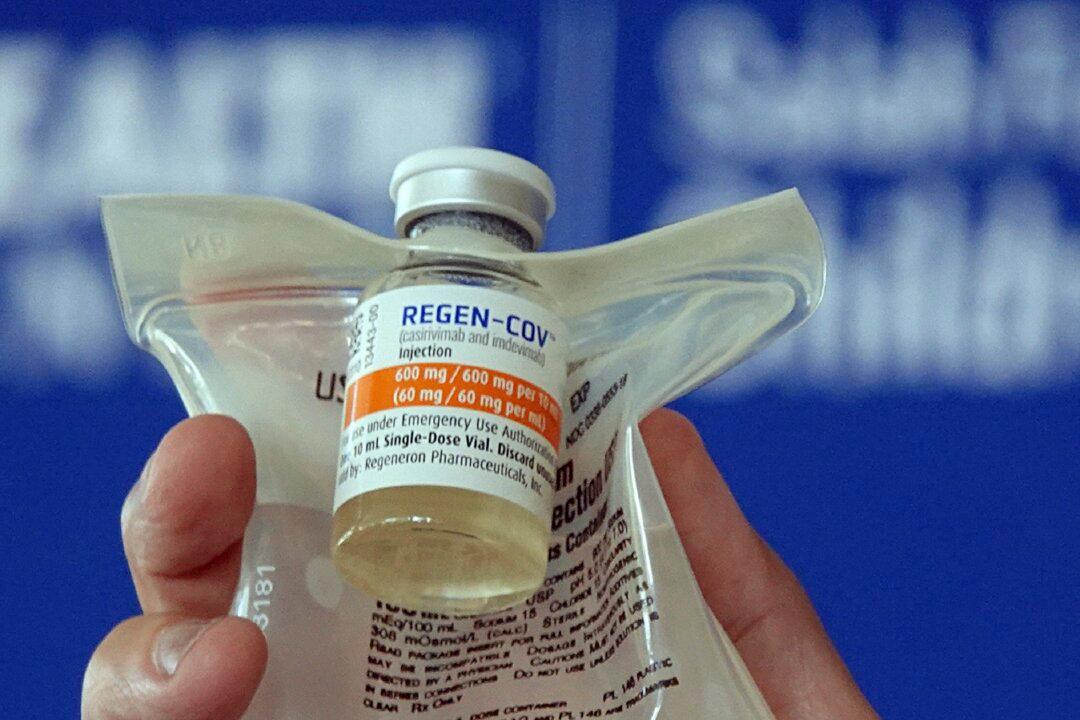Tennessee health officials are now recommending only people who aren’t vaccinated get monoclonal antibody treatments as states see lower numbers of doses because of federal government rationing.
“Our recommendation to monoclonal antibody providers or individual facilities across the state is if they need to prioritize distribution of the treatment, the NIH guidelines are the recommended approach for that prioritization, including prioritizing those who are most likely to be hospitalized,” Bill Christian, a spokesman for the Tennessee Department of Health, told The Epoch Times via email.






